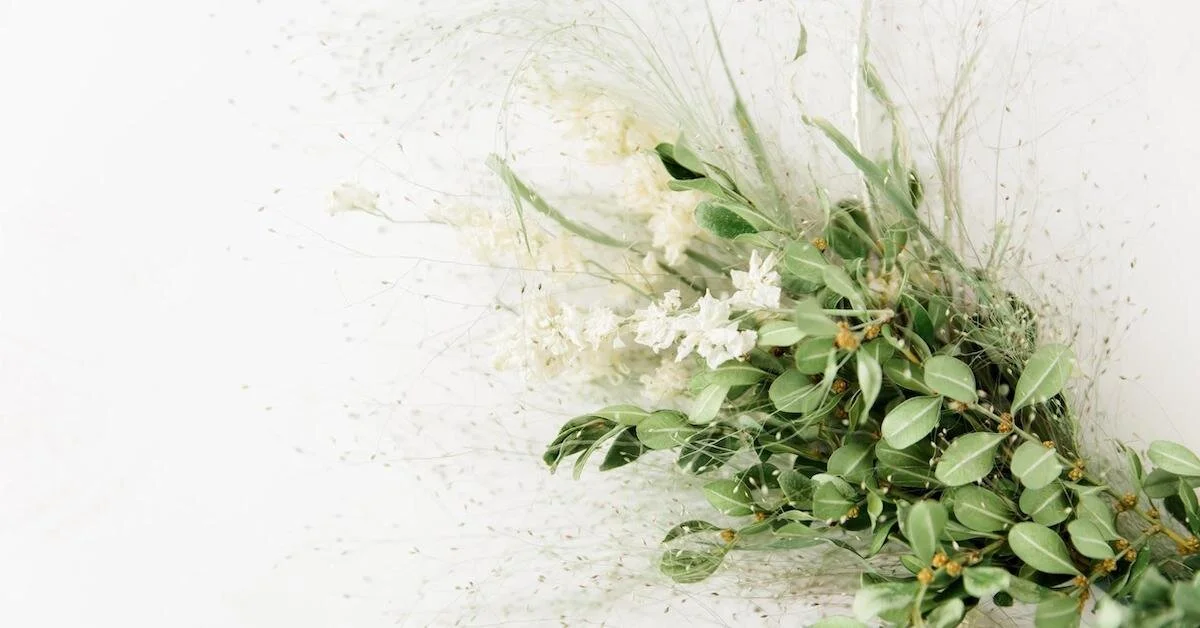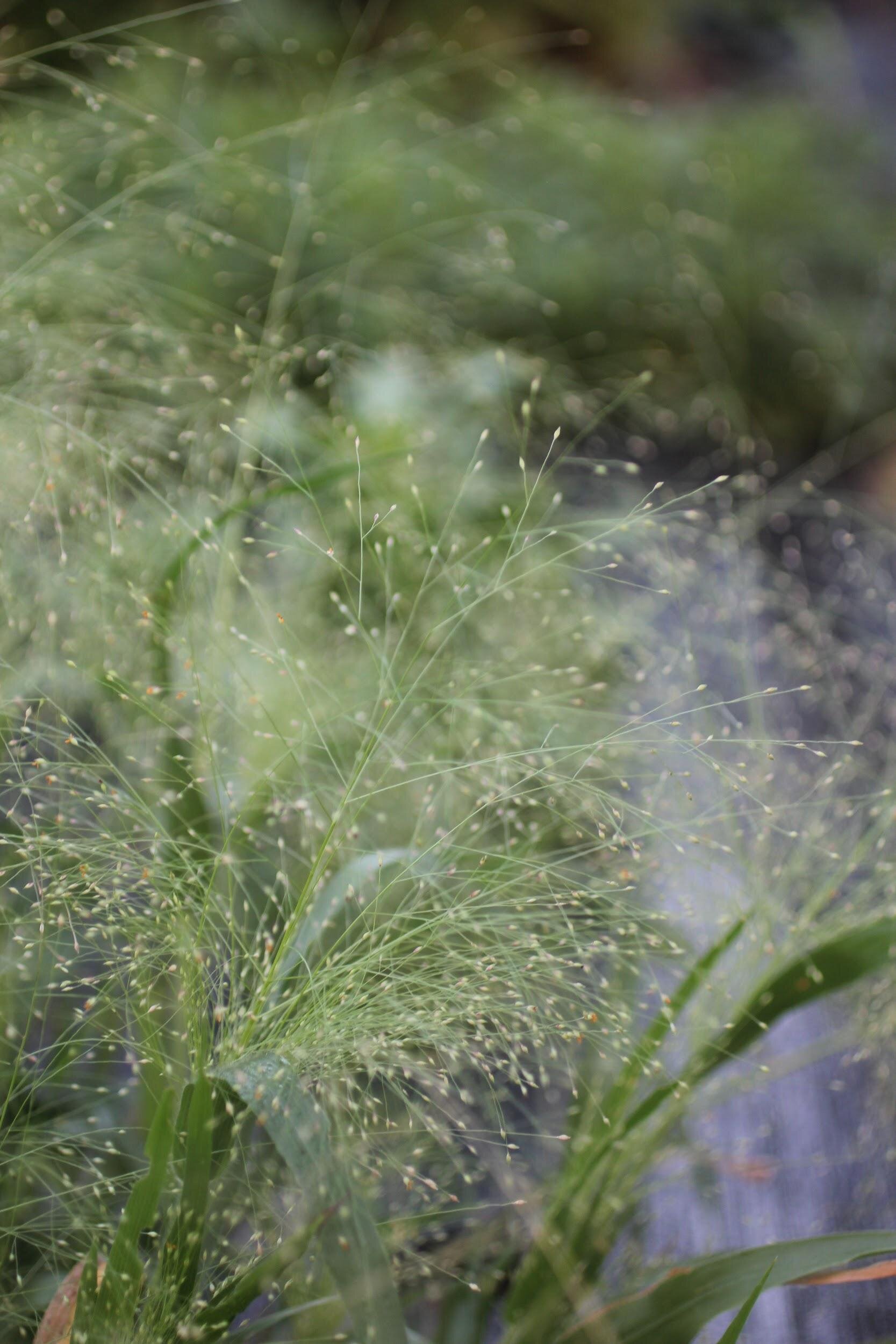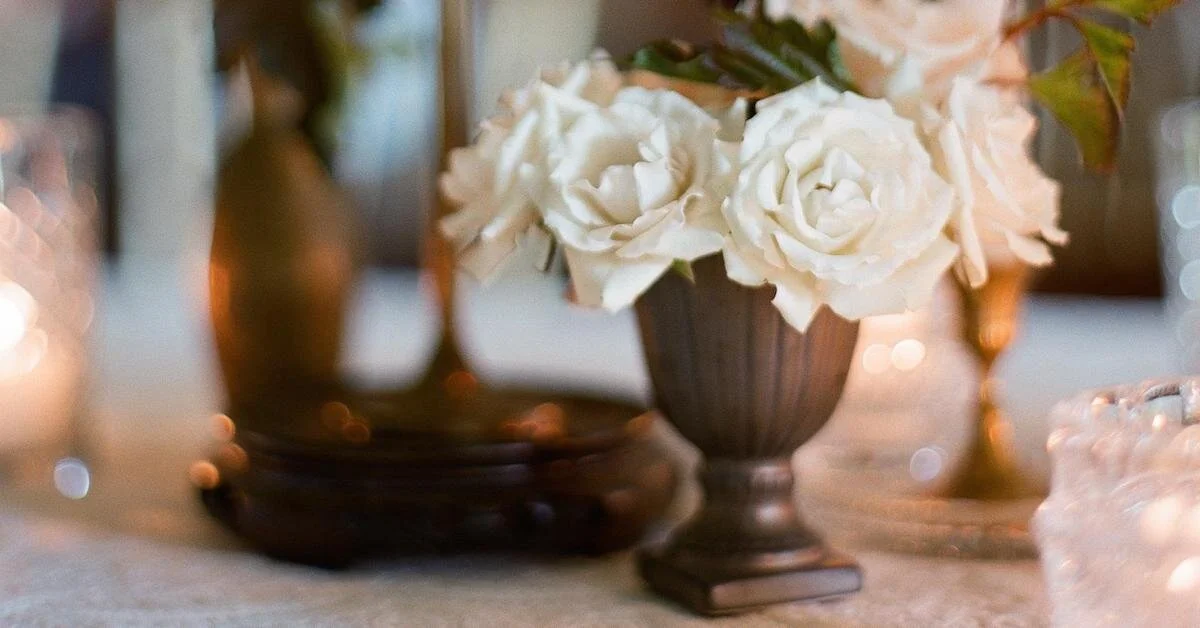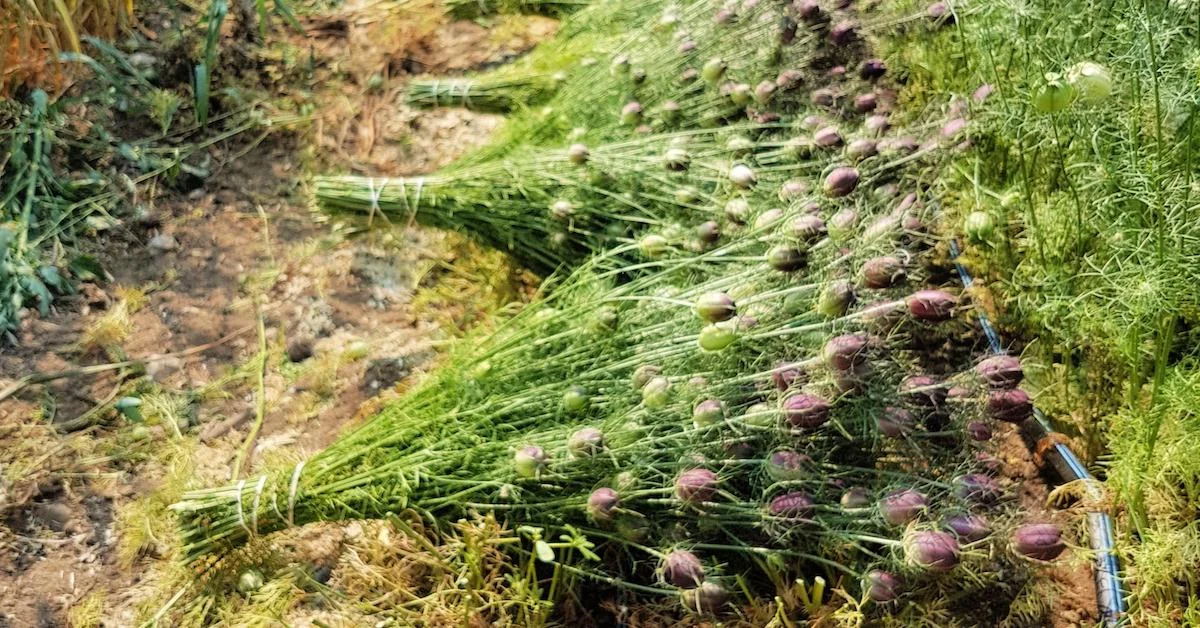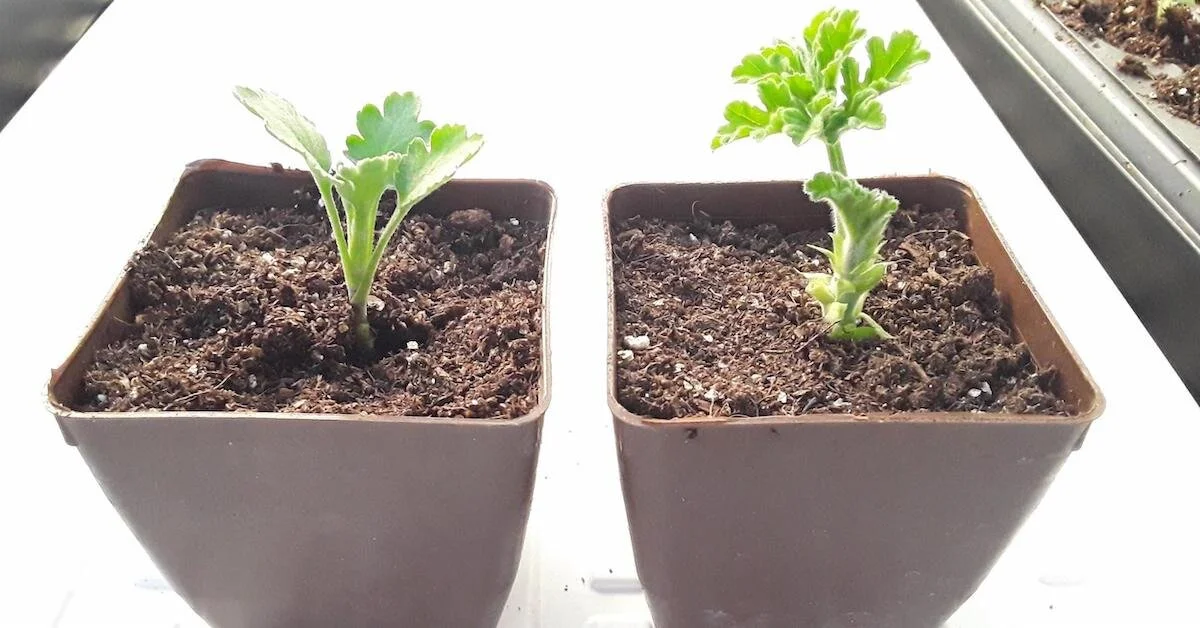Unique Grasses to Use in Floral Design—And How to Grow Them
If you’re looking for fresh and interesting additions to your floral designs that are easy to grow, look no further than fun and unique grasses. Perhaps you have a black thumb and can’t get flowers to grow with ease; chances are, you’ll have plenty of success with grass!
Add Movement to Your Floral Arrangements with Ornamental Grasses
Along with being easy to grow, grasses easy to harvest and don’t need special treatment to prevent wilting. And grasses are gaining popularity in both fresh flower designs and dried flower arrangements, so it’s the perfect time to try them.
In general, all grasses can be direct sown in early or late spring. Plant seeds about ¼ inch deep and water the newly planted seed until it germinates.
Unless noted as a perennial, grasses can be planted very close to each other with only a few inches in between. Below I’ll discuss eight easy-to-grow varieties that also hold up well for design use.
8 Beautiful Grasses to Use in Floral Design
Here’s a list of eight gorgeous grasses to incorporate in your floral designs or include in your flower farm offerings. Below I’ll detail growing and harvesting tips for each!
Explosion Grass
Black Tip Wheat
Millet (choose “ornamental” labeled varieties)
Rye Brome
Silver Tip Grass
Northern Sea Oats
Pink Buckwheat
Feather Top Grass
Dried explosion grass adding sparkle to a boxwood wreath.
Explosion Grass
Explosion grass was widely popular for several years and with good reason. The grass head fans out into a sparkly array of airy tiny pods. They dry well and add movement to any arrangement. It’s easily grown in any zone, and it needs warm weather but can handle full sun or part shade. It likes little moisture to grow well. Harvest when the head has fanned out and exploded.
Black Tip Wheat
Black tip wheat grows well in average soil and can handle a little frost when first seeded. However, it ripens best in warm temperatures with full sun. It has wonderfully dark black wands sticking out from the seed head, making it an unusual texture and color for design work. Harvest when the heads are still green but mature, the wands will be black.
Millet
Millet comes in many varieties, but the best ones for cut flower arranging are labeled “ornamental.” Millet seed spikes can be fresh green or dark black/purple—and even a burnt red depending on the variety you choose to plant. Millet grows very tall, and the dramatic seed spikes are stunning. Give them a little more room than other grasses; 9 to 12 inches between plants is best. They love full sun and warmth so plant in summer. For routine care, they need average soil and general watering, and they multiply quickly if it’s not too cool outside. Harvest when the spikes are mature but before you start to see pollen on them.
Rye Brome
Rye brome is also known as Common Chess or Bromus grass. It has lots of little seed pods that dance very similar to Northern Sea Oats but are greener. While it’s very easy to grow, rye brome prefers to germinate when the soil is still a little cool in spring. Harvesting is a breeze, just cut the entire clump at the base. Since this grass spreads quickly by reseeding, cutting the whole bunch will also help keep it in check. Cut when the seed heads are green and mature, but before they turn golden or it won’t hold in the vase very long.
Silver tip grass in bouquets.
Silver Tip Grass
Silver tip grass is drought-tolerant. It prefers warm and dry conditions, but it can grow well in all soils as long as there remains good drainage or there’s not much rain while growing. They germinate easily and quickly from seed popped into the ground and are ready to harvest in just two months. Harvest just as the grass stalk is pulling away from the base of the seed head. It can be dried in the sun for a sturdy golden product.
Northern Sea Oats
Northern sea oats have nodding little seed heads similar to rye brome but with an Autumnal burnished rust color. Unlike many of the other grasses, this one is a perennial and will give you longer stems the second year of growth. It is an excellent choice for planting in shady or damp locations. Plant further apart at 12 inches and harvest when the shimmering rust seed heads are fully developed.
Pink Buckwheat
Pink (takane ruby) buckwheat is sometimes used as a cover crop, but when left to grow on its own, it can produce beautiful stems with pretty pink tips. The warmer your growing environment, the taller the stalk. It germinates readily in the summer and grows super fast with occasional watering. It can also tolerate drought-like conditions. Harvest when the pink tips are fully open, and the stem has thickened in the early morning to prevent wilting.
Feather Top Grass
Feather top grass looks just like its name: it has little feathery tops. It can handle light frosts and prefers to grow on the drier side in well-drained soil (including sand!), which makes it a great candidate for drought-prone areas. Feathertop is also a great smaller substitute for the feathery look of pampas grass, which is an invasive species. Harvest when the feathery tops are fully open but before you see the pollen starting to drop.
Explosion grass ready to harvest.
Final Ornamental Grass-Growing Tips
The growing characteristics of grass mean you can put aside the mower, do virtually no maintenance, and have endless cutting material that comes back year after year. However, this group of plants can present a problem if you want a tidy landscape or are growing expensive flowers, such as Lisianthus, nearby. A thoughtful planting location and occasional mowing before seed heads ripen can keep them in check.
Some of these grasses may be invasive to your area, so please research and plant grasses responsibly. Grasses listed as invasive in your area should not be planted.
Happy growing!

